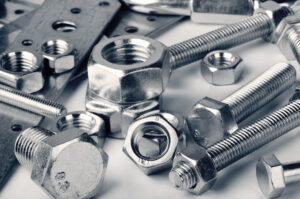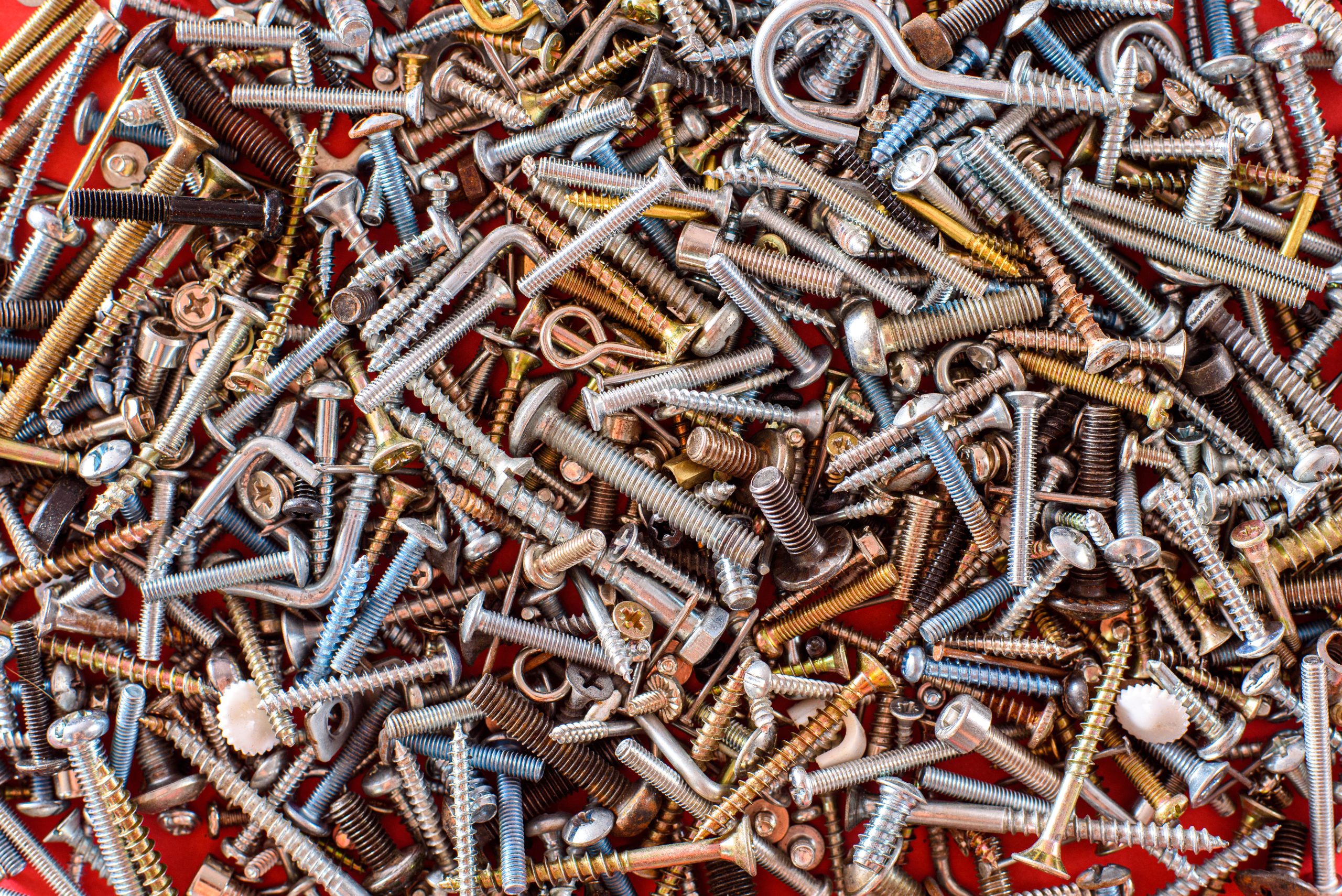 Every industry strives to produce new products using the latest technological advancements to make them better, faster, stronger, smaller, lighter, and more reliable and the fastener industry is no different.
Every industry strives to produce new products using the latest technological advancements to make them better, faster, stronger, smaller, lighter, and more reliable and the fastener industry is no different.
What makes the fastener industry unique, though, is how integrated it is with virtually every other industry, application, product, and system. The screws, bolts, nuts, and rivets produced by fastener manufacturers are part of the foundation of the U.S. industrial economy. Fasteners can be found in a vast range of applications, and nearly every machine or construction project incorporates them to some degree. Volume can range from thousands to millions in a given fastener run, with both small shops and larger manufacturers contributing to the output. There are also numerous fabrication processes, such as cold forming or rolling, that influence the diversity of fastener specifications and capabilities.
The evolution of fastener design and technology is being driven by three major factors: form, function, and advanced materials. For example, specifically-functional and hybrid fasteners are growing in popularity to address highly specific needs. Some of these can be attached permanently with minimal loose hardware to streamline production operations, reduce the number of components in an assembly, and increase reliability over conventional permanent attachment methods such as adhesives, rivets, and welding. Specialized hybrid fasteners integrate a combination of metal and injection-molded plastic elements and are less expensive, lighter, and easier to alter and install than the usual standard mechanical fasteners.
Across the board, many industries have raised the bar for miniaturization, working aggressively to make their products increasingly smaller, driving fastener manufacturers to develop correspondingly smaller fasteners. Many new products are utilizing thin and ultra-thin metal sheets requiring miniature clinch fasteners as strong, permanent and reusable threaded solutions.
Growing numbers of new materials are being developed and utilized in a variety of applications. Powdered metal processes are being used to create unusual yet highly-functional fastener shapes, impossible to form using more conventional methods. Chemical elements such as magnesium are now being used in the manufacture of fasteners such as hex head cap screws and titanium in socket head cap screws – virtually unheard of just a few years ago.
One thing’s for certain – as industries, products, and needs evolve, you can be sure that fastener technology will evolve with them. And here at Electronic Fasteners, we’ll make sure you get the advanced fasteners you need to meet your next fastening challenge.

